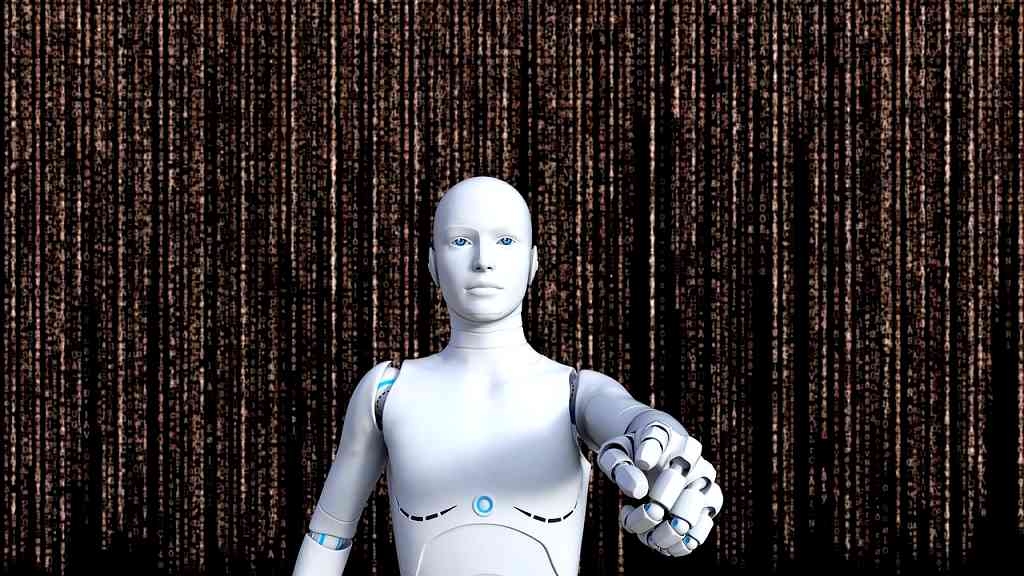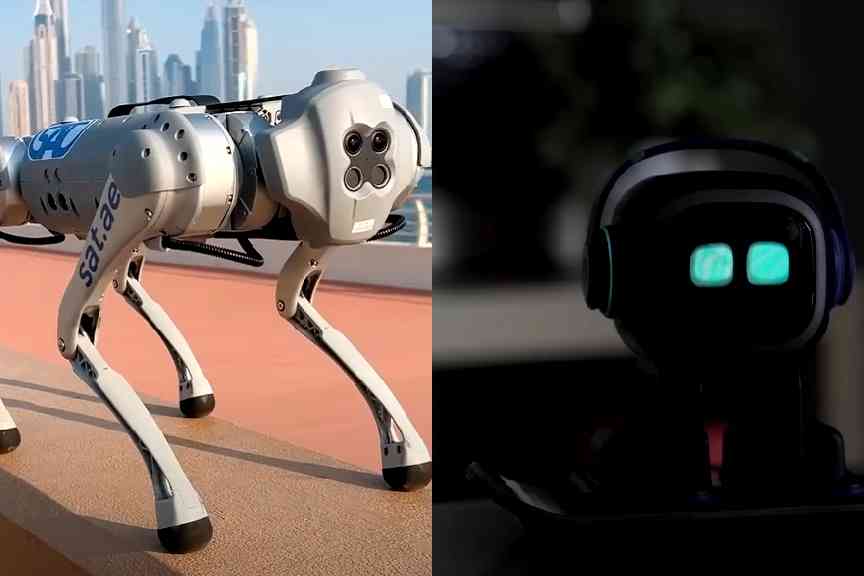Socially connected people are likelier to see robots as having human traits: study



By Bryan Ke
August 30, 2023
New research has found that individuals who are more connected socially are likely to experience robot anthropomorphism, or humans viewing robots as having human-like traits.
Key details: The research, conducted by Chinese co-authors Jianning Dang and Li Liu, was published in the Social Psychological and Personality Science on April 29.
About the research: Dang and Liu conducted the research in a series of three studies. They examined a total of 599 Chinese adult participants on “the effect of social connectedness on robot anthropomorphism.”
Anthropomorphism, at its core, is the attribution of human characteristics to objects and animals. Some forms of anthropomorphism include showing empathy to inanimate items that people perceive as having human-like traits.
How the tests went: In the first study, Dang and Liu had participants watch a video of a man knocking down a robot. In the second study, participants were presented with pictures and descriptions of Xiaody the robot receptionist and Lovot the robot companion and asked them about their interest in human-robot interaction. In the third study, participants were given false feedback regarding their interest in robots to determine if their perceived disinterest in robots could change how human-like they viewed the robots.
The results: The researchers found that the group more socially connected in the first study showed higher levels of robot anthropomorphism than those in the control group and the group made to feel disconnected.
Following the second study, Dang and Liu learned that genuine interest in human-robot interactions also helped enhance robot anthropomorphism. The third study revealed that participants who were falsely told they had a higher genuine interest in robots were reportedly more prone to robot anthropomorphism.
According to the authors, their study revealed that social connectedness “promotes people’s genuine interest in robots, which in turn facilitates their tendencies toward anthropomorphizing robots.”
Another study: Dang also published another study in April that examined the link between loneliness and robot anthropomorphism in Chinese and American cultures. Dang concluded that lonely people in the West are “more likely to anthropomorphize robots,” while those from East Asian cultures “exhibit less preference” for it.
Share this Article
Share this Article





